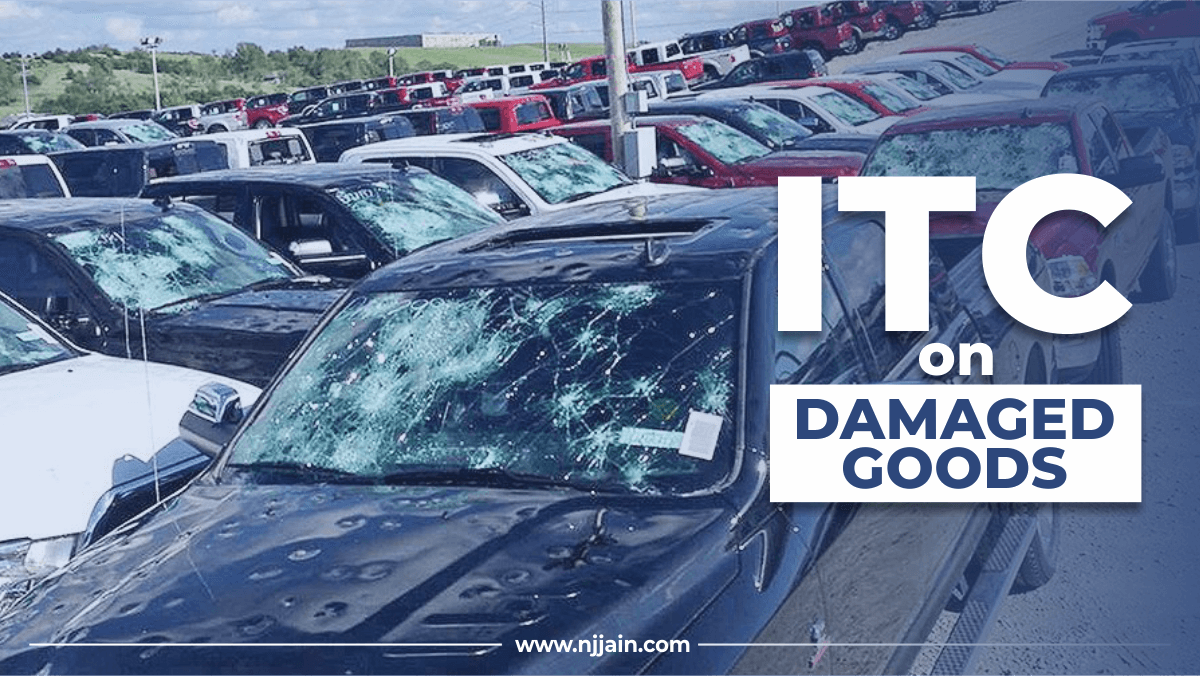
Let us suppose that a car dealer owns a warehouse full of cars. Due to a natural calamity, this warehouse is flooded. All the cars are damaged – some completely, others partially. In this situation, what happens to the ITC claim of the dealer on those cars? What does the GST Act provide for on ITC against fully damaged goods and partially damaged goods?
Before analyzing provision relating to ITC, we need to bear in mind that the dealer will have most certainly received a certain amount as claim from the insurance company to make up for the loss.
The first issue that comes up is the difference in laws for ITC in the case of partially damaged versus fully damaged goods. It is important to note that while the erstwhile CCR covered the treatment for both the situations, partially damaged and fully damaged goods, Section 17 (5) of the GST Law only talks about fully damaged goods. We believe this difference is intentional.
The issue of ITC reversal itself comes up next. If the partially damaged car can still be sold as a car, either at a lower price or after some mechanical work, there is no need to reverse ITC, as there is no provision for partly damaged goods in the GST Laws. In such a situation, if a car worth 10 lakhs is sold for 5 lakhs, under these circumstances, the seller still gets ITC on the full amount it was originally purchased at.
Fully damaged cars can be taken apart and sold for scraps. As the car would not be sold as a car but rather scrap in such a situation, the seller doesn’t get the ITC for car sales. The ITC for scrap material is different from that applicable to Cars.
Lastly, the compensation that comes from the insurance is classified as an actionable claim as per the GST laws. Actionable claims, read with the definition of goods and with schedule III, are outside the purview of GST. Hence, there will be no tax on the money received through insurance.
While dealing a case for one of our clients who went through a similar situation, we were successful in convincing the authorities and the inquiry did not result in any tax demand.
